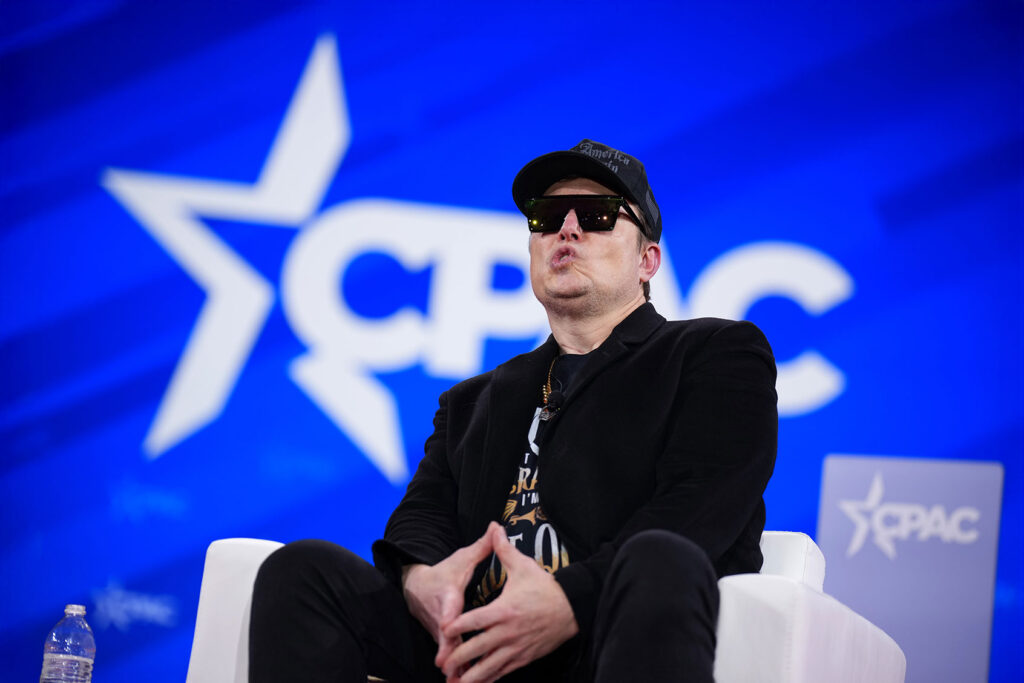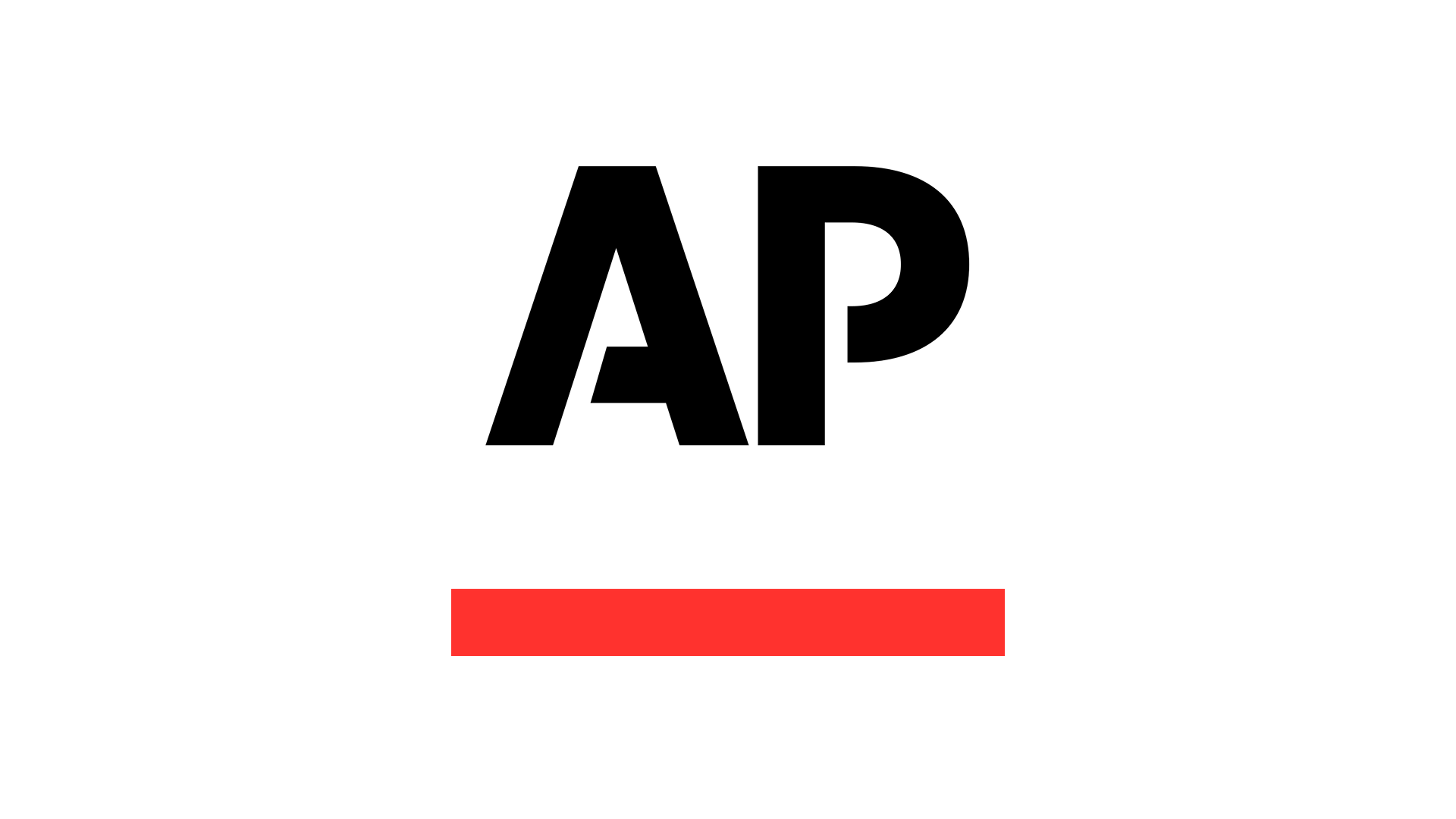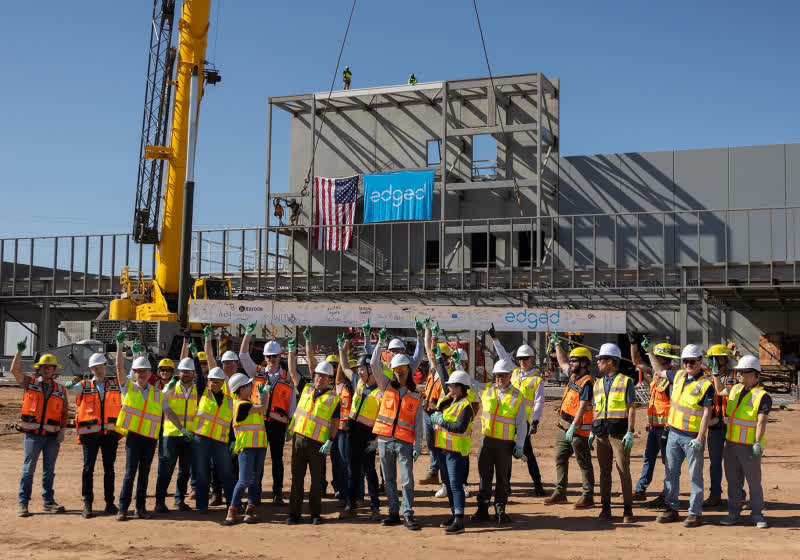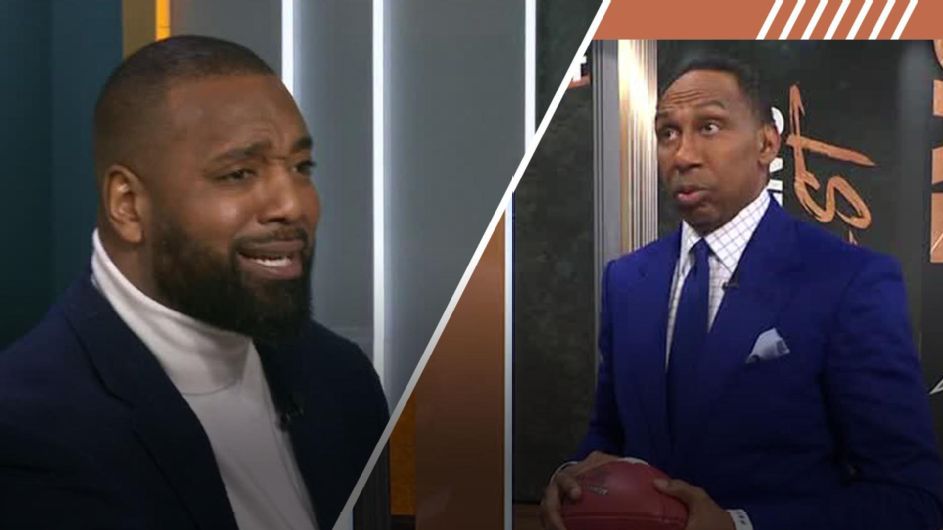
Regulators in Nevada have accused The Boring Company, founded by entrepreneur Elon Musk, of committing nearly 800 environmental violations over the past two years. These allegations arise as the company constructs an extensive tunnel system beneath Las Vegas for its Tesla-powered transportation project.
According to a cease-and-desist letter issued on September 22, 2023, by the Nevada Division of Environmental Protection (NDEP), the violations include commencing excavation without the necessary approvals, improperly discharging untreated water onto city streets, and spilling construction debris from trucks. This document was acquired by City Cast Las Vegas and ProPublica.
Details of the Allegations
The NDEP’s letter cites that The Boring Company has repeatedly violated a settlement agreement established after it was fined five years ago for unauthorized groundwater discharge into storm drains. The agreement, signed by a company executive in 2022, was designed to ensure compliance with state water pollution regulations. However, inspectors reported almost 100 new violations of this agreement, which included failing to hire an independent environmental manager for site inspections. State officials documented 689 missed inspections during this period.
In light of these violations, the NDEP could have imposed penalties exceeding $3 million, as stipulated in the 2022 agreement, which allowed for daily fines. Instead, the agency opted for a reduced total penalty of $242,800. This decision was influenced by the NDEP’s belief that a lesser penalty would still serve to deter future non-compliance. The fines were primarily linked to the missed inspections, with regulators levying $10,000 for each of the company’s 11 permits.
A state spokesperson indicated that the payment of this penalty would not be required until the dispute resolution process concludes. Furthermore, the letter reiterated the agency’s authority to halt construction activities if compliance issues persist.
Response and Broader Implications
The Boring Company has publicly disputed the violation letter. In previous statements, Elon Musk has suggested a business approach that prioritizes paying fines over waiting for approvals, characterizing environmental regulations as cumbersome. “Environmental regulations are, in my view, largely terrible,” he remarked during an event with the libertarian Cato Institute last year.
This latest round of allegations comes in the wake of ongoing scrutiny since the construction of the Loop project began in 2019. The initial phase aimed to create a 0.8-mile underground route connecting different sections of the Las Vegas Convention and Visitors Authority (LVCVA) campus. The project has since expanded to a proposed 68 miles of tunnels with 104 stations across the Las Vegas Valley.
The construction employs a machine named Prufrock to excavate 12-foot-diameter tunnels. Each foot bored results in the removal of approximately 6 cubic yards of soil and groundwater. Although the project is privately funded and thus exempt from extensive federal reviews, it must still secure state permits to prevent environmental contamination.
Concerns have been raised about worker safety, with reports of chemical burns from the tunneling process and complaints about inadequate conditions in the tunnels. In late 2023, the company faced fines exceeding $112,000 from Nevada’s Occupational Safety and Health Administration due to unsafe working conditions. In one incident, a worker suffered a serious injury after being pinned between large pipes.
Criticism of the project’s oversight has emerged from various stakeholders. Following the publication of previous reports highlighting regulatory issues, both the CEO and chairman of the LVCVA board defended the project, asserting that it operates under appropriate regulations. LVCVA CEO Steve Hill pointed to delays in opening a Loop station as evidence of rigorous oversight.
Concerns persist among public policy experts like Ben Leffel from the University of Nevada, Las Vegas. He argues that the repeated violations indicate regulatory failures, questioning whether a penalty of $242,800 will be sufficient to alter the company’s operations. Fines that do not significantly impact a company’s financial standing often fail to deter future violations, according to studies.
In response to the allegations, a state spokesperson maintained that the NDEP is actively monitoring the projects and believes its penalties will effectively deter future non-compliance.






